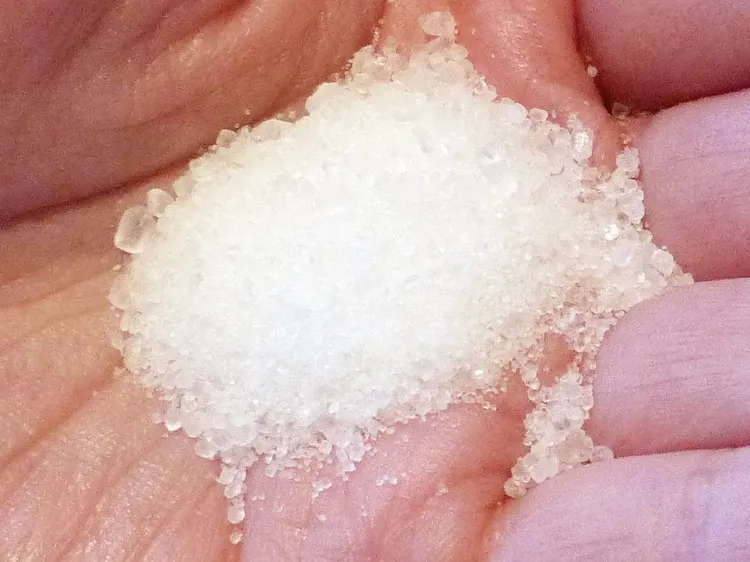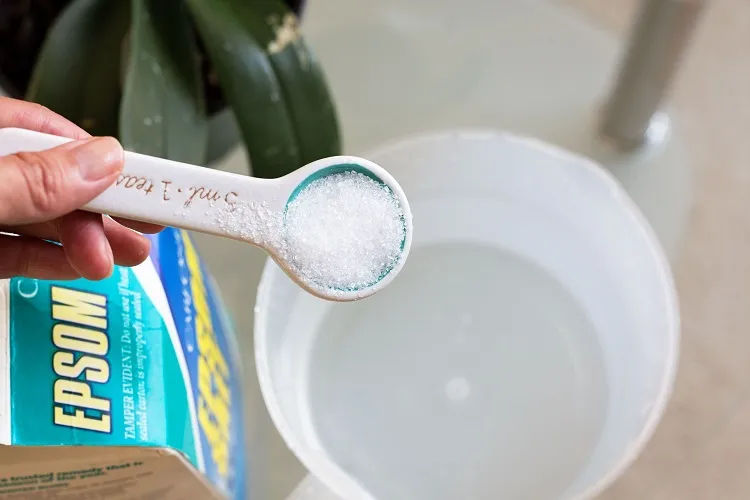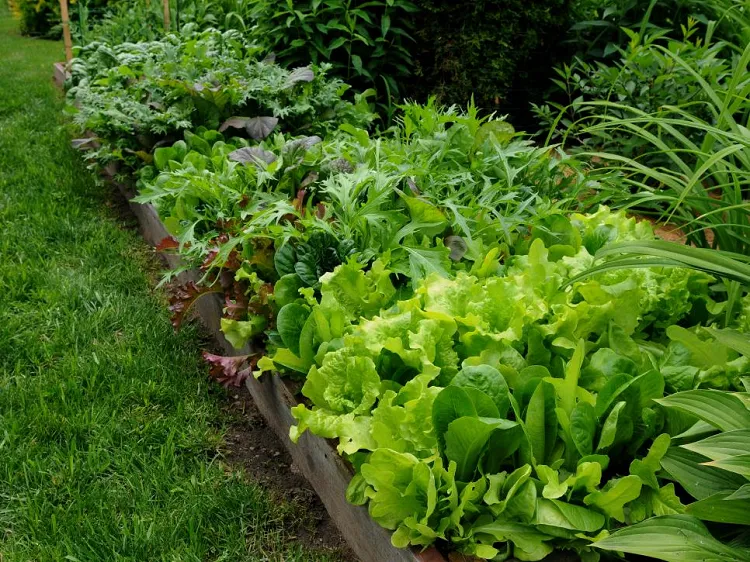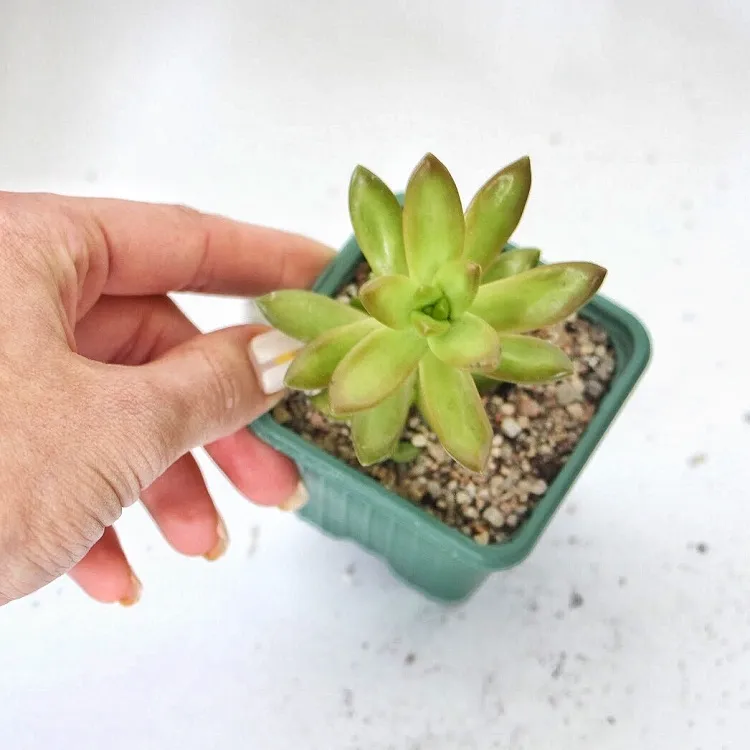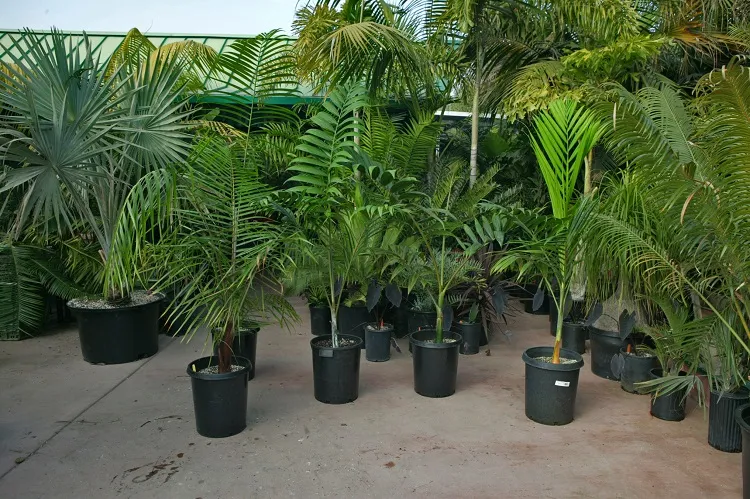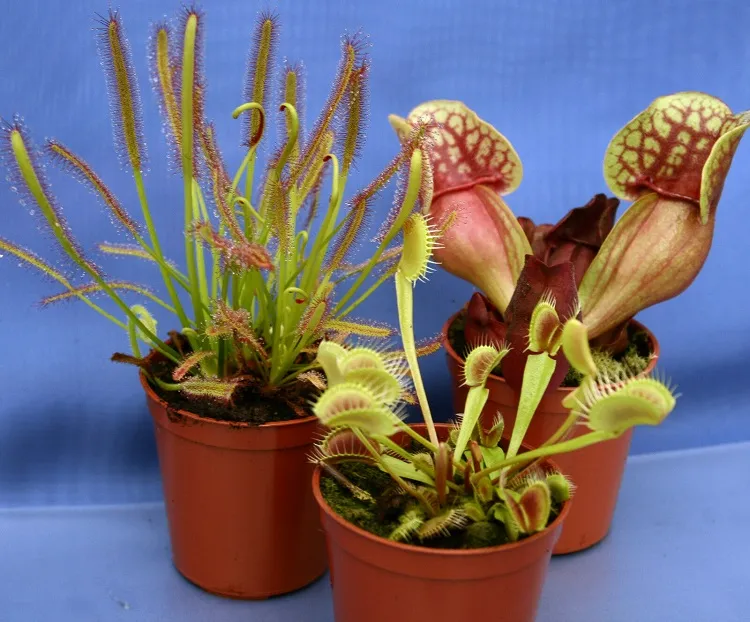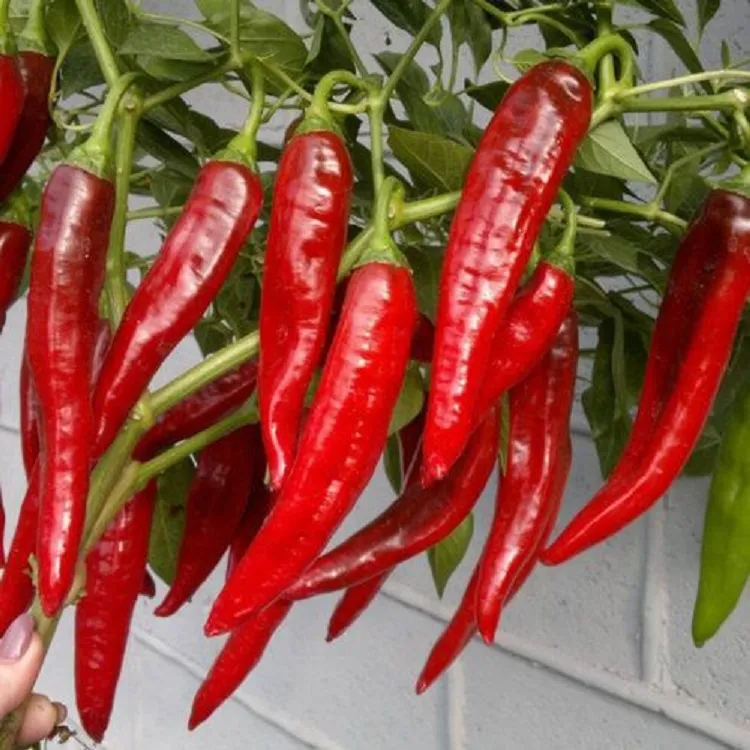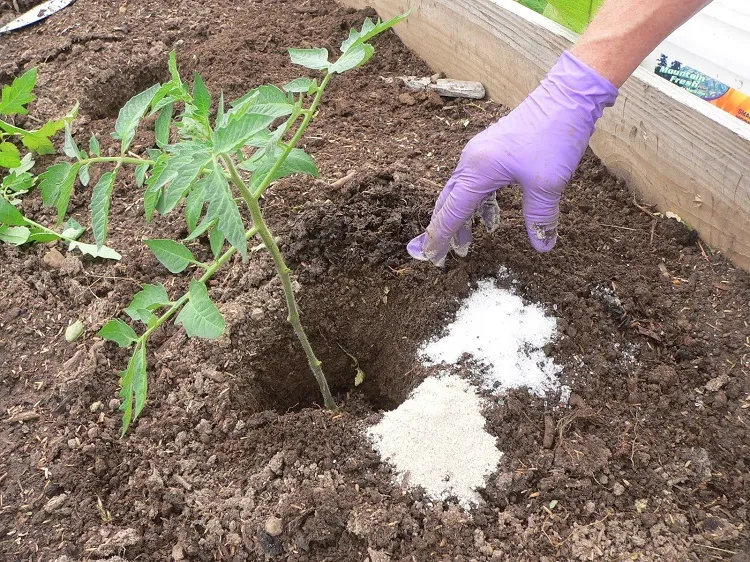Reveal what garden flowers, fruits, dry resistant or tropical home plants can’t stand this nutrition, and why?
While Epsom salt is beneficial for certain vegetables, not all plants respond positively to its application. For instance, those adapted to nutrient-poor conditions may not tolerate high levels of magnesium and sulfur found in this natural substance. So, it’s wise to conduct a soil test that will evaluate the needed levels of your plants before using this fertilizer. In all cases, it is important to apply this nutrition in moderation and follow the recommended guidelines. Continue reading to discover what plants you should do not fertilize with Epsom salt. What are the garden or home species that can’t stand it at all?
What is Epsom Salt?
Epsom salt is a white crystalline substance which resembles to the common salt, but is composed of a different chemical – magnesium sulfate. Nowadays, it is widely used to correct soil deficiencies in some plants, in soils with a low level of this element. Magnesium from this fertilizer is useful for the leaves to generate the chlorophyll needed for photosynthesis. The other component, sulfur, is responsible for the synthesis of some vitamins and plant proteins. Though, there are plants which are low tolerant to both of these nutrition elements.
Can you fertilize all plants with Epsom salt?
This popular natural remedy has gained popularity as a fertilizer for plants that suffer from magnesium deficiency. It’s scientifically proven that in some cases this salt can enhance the growth, increase flower and fruit production, and improve their overall health. Nevertheless, it is important to note that not all plants like it, and in some species, it can be detrimental and suppress their growth. Let’s see which plants is advisable to do not fertilize with Epsom salt, and why others benefit from its application.
Plants That Do Not Like Epsom Salt
Epsom salt provide magnesium and sulfur, which are essential nutrients for plants, but some species are not tolerant to high levels of these elements. Here are the ones that you should do not fertilize with Epsom salt:
Some Garden Vegetables
These are mainly some leafy vegetables, which are not magnezium tolerant plants, therefore they can not stand the high concentration of this element in this fertilizer. So, be careful with them!
Certain Plants, Adapted to Sandy or Too Drained Soils
Such species are some cacti and succulents. They do not like Epsom salt fertilization. These plants are often adapted to nutrient-poor conditions, which means they prefer low levels of fertilizers. Therefore, applying Epsom salt may lead to nutrient imbalances and damage to their delicate root systems.
Some Indoor Species with Tropical Origin
In case you have small indoor tropical plants, including fiddle leaf fig, palms, aroids like monstera, alocasia, and philodendron, it’s advisable to apply Epsom salt in an extremely diluted solution with precaution to prevent toxicity.
Other Specific Potted Plants
Insect-eating, or carnivorous plants such as Pitcher plants, sundews and Venus flytraps can’t stand application of Epsom salt at all. Even a little amount of this fertilizer can kill them! The reason is that they are adapted to grow in very poor in minerals and depleted soils. So, be cautious with them, and you should do not fertilize with Epsom salt.
What Plants Can you Fertilize with Epsom Salt?
While some plants may not appreciate Epsom salt, there are others, which benefit from its application. For instance, these are the group of magnesium-loving vegetables that like this kind of fertilization. Among them are tomatoes (Solanum lycopersicum), which are with high magnesium requirements. However, it should be noted that before to apply this fertilizer to the soil of these vegetables, it’s essential to make a soil test. It will find out whether magnesium levels are indeed low. Other magnesium-loving vegetables are pepper varieties (Capsicum spp.), potatoes (Solanum tuberosum). Certain flowering plants, such as all roses (Rosa spp.), also develop better after some application of Epsom salt. This fertilizer is beneficial to fruit trees, evergreen shrubs and flowers, especially, azaleas and rhododendrons. However, it is essential to use this addition in moderation and always as part of a balanced plant feeding regimen. There is a practice among some gardeners to use this fertilizer as a remedy for citrus trees, because they can suffer from yellowing leaves due to magnesium deficiency.
Do Tomatoes Like Epsom Salt?
Tomatoes have high magnesium requirements, that’s why they are often associated with the use of Epsom salt. This substance plays a crucial role in photosynthesis, enzyme activation, and nutrient absorption of the vegetable. Magnesium deficiency in tomatoes result in reduced fruit quality, blossom end rot, and stunted growth. Before applying this nutrition, it is advisable to conduct a soil test to accurately determine the element levels. The recommended application way is to dissolve Epsom salt in water and pour the solution on the soil around the plants stems.
Read also: Why Water Tomatoes with Salt Water? The Pros and Cons of Salty Watering!

